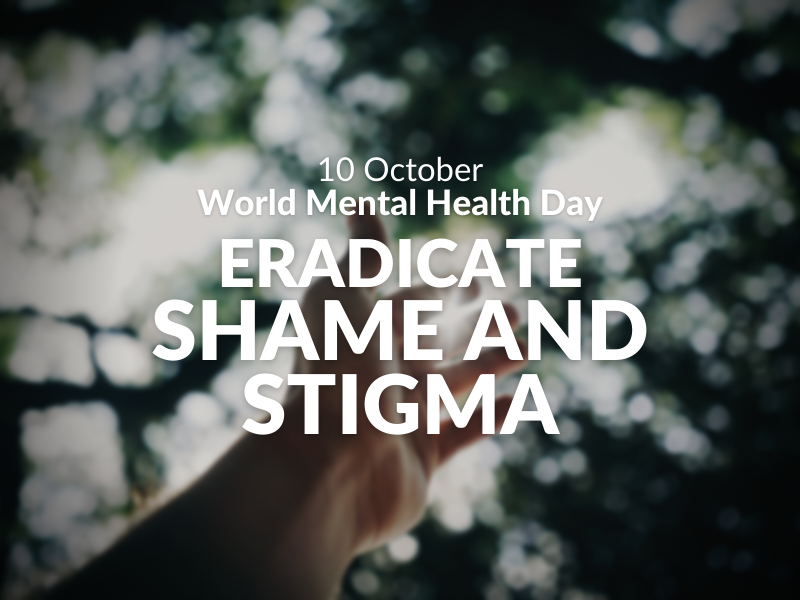
The World Mental Health Day is observed every year on 10 October. TGEU joins communities and organisations across the world in raising awareness and committing to work on ensuring mental health is prioritised at all levels.
While we continue to support the depathologisation of trans people’s identities, we demand access to quality care for all trans people, including mental health services. We acknowledge that some trans people do have mental health difficulties or illnesses and should be properly treated by the healthcare system.
According to a research conducted by TGEU in five countries (Georgia, Poland, Serbia, Spain, and Sweden) in 2017, 57.6% of the trans respondents were at risk of poor mental health. The report revealed that, in all of these countries under study, trans respondents in the European Quality of Life Survey (EQLS) had a higher risk of poor mental health when compared to cis individuals.
Trans people surveyed also reported being reluctant to seek medical care for fear of bias, prejudice, or lack of confidence in health services offered. Consequently this negatively impacts on the mental health and wellbeing of trans people. These figures and cases are only part of the picture of the situation faced by many trans people, especially concerning mental health.
In 31 countries in Europe and Central Asia trans people are required to undergo mental health screenings and diagnosis to have their gender legally recognised. Diagnosis is also a requirement in many countries in order to access transition-related care. In addition, trans people who are neurodivergent or present mental health difficulties or illnesses are often denied access to their rights as trans people, such as the exclusion from transition-related care or from legal gender recognition.
In these unprecedented times of the COVID -19 pandemic we acknowledge the high demand for mental health services and draw attention to the mental health needs of marginalised groups in our communities. We also reiterate the unique challenges faced by underrepresented trans people in relation to mental health needs, such as trans Black and people of colour, poor, youth, disabled, migrants, and sex workers.
The World Health Organisation (WHO) has reported that the COVID-19 pandemic has disrupted or halted critical mental health services in 93% of countries worldwide.
On this day, TGEU calls for the provision of accessible, affordable, responsive, and relevant mental health care that is trauma-informed and sensitive to the needs of trans individuals. We urge our members and communities to show love and kindness. Take care of your mental health and support others. We all can commit to eradicating shame and stigma surrounding mental health issues.